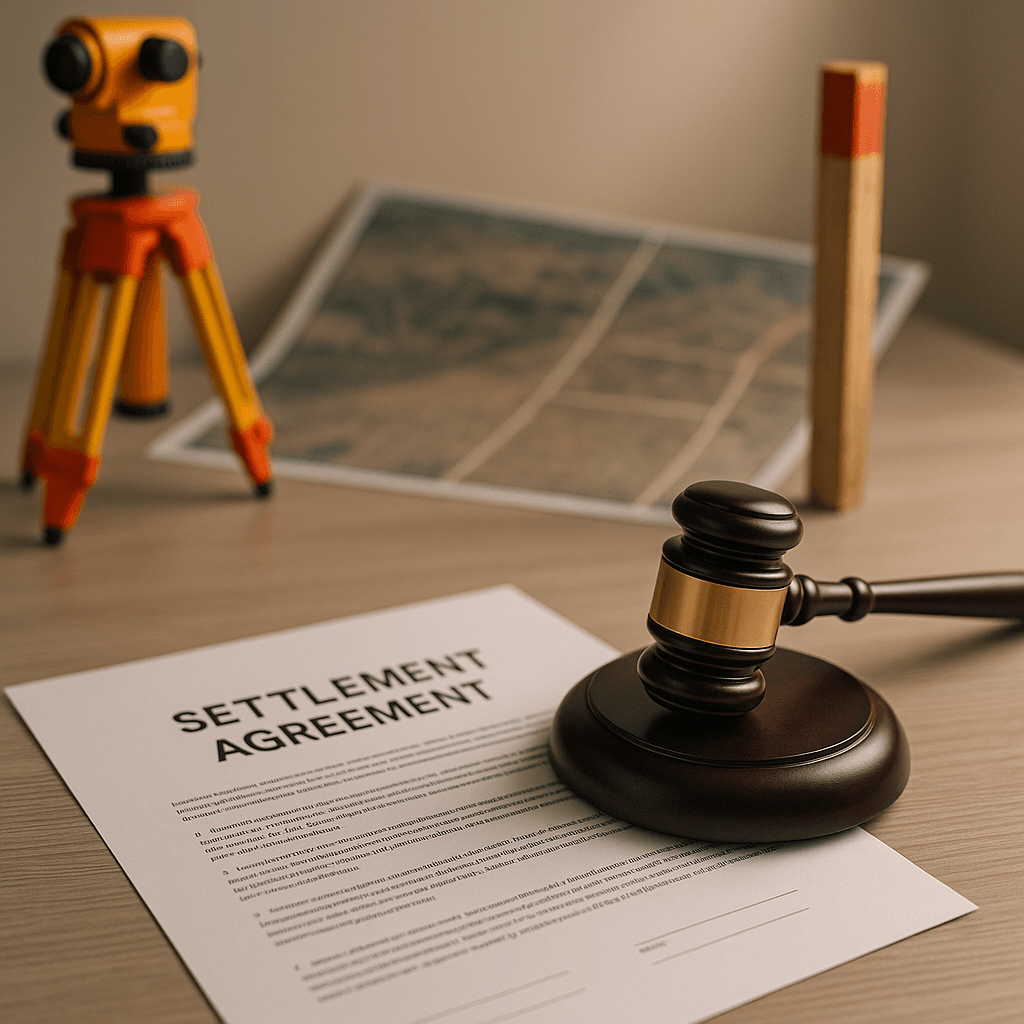Cards Against Humanity has settled its year-long trespassing lawsuit against SpaceX, ending a bizarre legal battle that pitted a profanity-loving card game company against Elon Musk's rocket empire over a strip of Texas border land. The settlement closes the books on what became one of the most unconventional corporate disputes of 2024, complete with crowdfunded land purchases and marketing campaigns targeting Musk personally.
The settlement brings an end to one of the strangest David-versus-Goliath stories in recent legal history. Cards Against Humanity crowdfunded the purchase of a plot along the Rio Grande River in Cameron County, Texas, back in 2017 through 150,000 separate $15 donations totaling $2.25 million. The goal? Help block President Donald Trump's border wall with a physical barrier of privately owned land.
But the company didn't anticipate what would happen next door. SpaceX was simultaneously building its massive Starbase rocket complex right next to the property, creating an inevitable collision course between Musk's space ambitions and the gaming company's anti-wall activism.
The dispute exploded into public view in 2024 when Cards Against Humanity accused SpaceX of trespassing on their property and dumping construction equipment and materials there. The company didn't just file a lawsuit - it launched a full-scale marketing offensive, creating a website called "www.ElonOwesYou100Dollars.com" and sending supporters emails describing how "an even richer, more racist billionaire - Elon Musk - snuck up on us from behind and completely f---d your land with gravel, tractors, and space garbage," according to TechCrunch's original reporting.
The legal battle moved surprisingly fast. Both sides completed discovery - the pre-trial evidence exchange process - and a November trial date was already set. But more importantly for Cards Against Humanity, SpaceX reportedly admitted to the trespass during discovery proceedings, which the gaming company called "a real vindication" in statements to TechCrunch.
Despite having what they believed was a winning case, Cards Against Humanity ultimately chose pragmatism over principle. "We were prepared to go to trial and we're confident we would have won," the company said, but explained that continuing "would have cost more than what we were likely to win from SpaceX." Under Texas law, they likely wouldn't be able to recoup legal fees, and as they bluntly put it: "Musk and SpaceX could easily outspend us."



